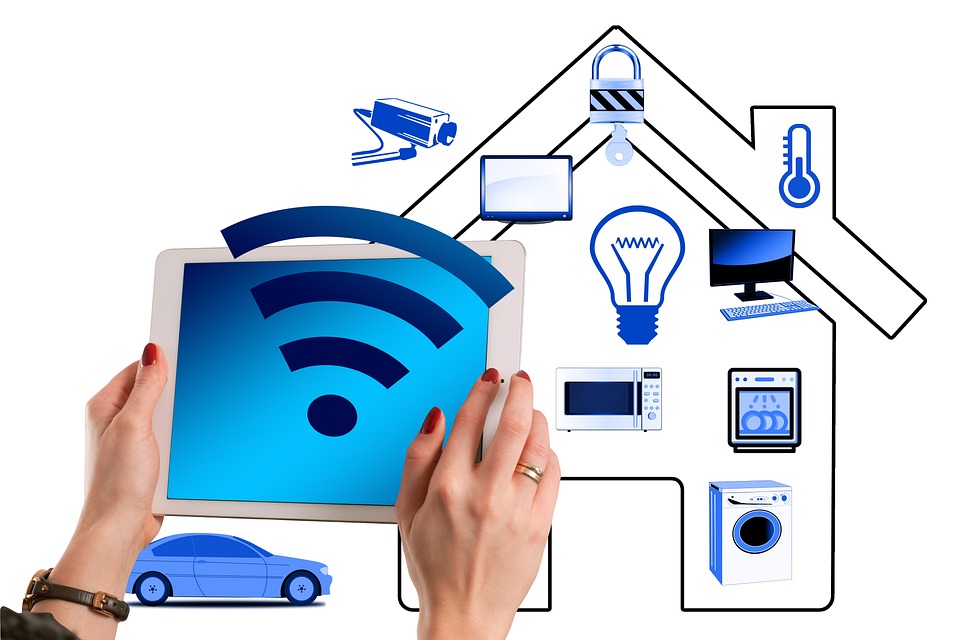Understanding the Impact and Implementing Strategies for a Greener Future
In an era marked by a growing awareness of environmental sustainability, the concept of energy efficiency has become a cornerstone of responsible living. This article explores the multifaceted realm of energy efficiency in the home, delving into its profound impact, unveiling practical strategies for implementation, and emphasizing the collective role homeowners play in building a greener future.
The Power of Energy Efficiency
Energy efficiency in the home is not merely a trend; it’s a powerful force driving positive change. From reducing utility bills to mitigating environmental impact, the benefits of embracing energy efficiency extend beyond the confines of individual households, contributing to a more sustainable and resilient future.
The Environmental Impact of Energy Consumption
- Reducing Carbon Footprint: The primary environmental benefit of energy efficiency lies in the reduction of carbon emissions. By optimizing energy use, households can play a crucial role in combating climate change and lowering their overall carbon footprint.
- Conserving Natural Resources: Energy production often relies on finite natural resources. Energy-efficient practices help conserve these resources, promoting a more sustainable approach to energy consumption.
- Mitigating Air and Water Pollution: Energy production and consumption are linked to various forms of pollution. From air pollutants released during combustion to water pollution associated with certain energy sources, energy efficiency measures help mitigate these adverse environmental effects.
Strategies for Achieving Energy Efficiency in the Home
1. Upgrade to Energy-Efficient Appliances
Investing in appliances with the ENERGY STAR label or high Energy Efficiency Ratio (EER) can significantly reduce energy consumption. From refrigerators to washing machines, modern energy-efficient appliances often outperform their conventional counterparts, saving both energy and money over time.
2. Optimize Heating and Cooling Systems
Regular maintenance of HVAC systems, coupled with the use of programmable thermostats, allows homeowners to create efficient heating and cooling schedules. Proper insulation and sealing of windows and doors further enhance the effectiveness of these systems, reducing energy waste.
3. Embrace Renewable Energy Sources
Harnessing solar panels, wind turbines, or other renewable energy sources can transform a home into a sustainable powerhouse. While initial installation costs may be a consideration, the long-term benefits in terms of reduced energy bills and environmental impact make it a worthwhile investment.
4. Implement Energy-Efficient Lighting Solutions
Replacing traditional incandescent bulbs with energy-efficient alternatives such as LED or CFL bulbs significantly reduces electricity consumption. These options not only last longer but also emit less heat, contributing to a cooler and more energy-efficient home.
5. Practice Water Conservation
Reducing water usage indirectly contributes to energy efficiency. Fixing leaks, using water-efficient appliances, and adopting mindful water practices in daily routines can collectively lower energy requirements for water treatment and distribution.
The Collective Impact: Homeowners as Champions of Energy Efficiency
Educating oneself and others about the benefits of energy efficiency fosters a culture of responsible energy consumption. Homeowners can become advocates for sustainable practices within their communities, creating a ripple effect of positive change.
Explore and take advantage of government incentives and programs that promote energy efficiency. These may include tax credits, rebates, or financing options aimed at encouraging homeowners to adopt sustainable practices.
Sustainable Living Made Simple: A Guide to Implementing Energy Efficiency in Everyday Home Practices
In conclusion, the journey toward energy efficiency in the home is a dynamic and empowering endeavor. From embracing modern appliances to advocating for sustainable practices, homeowners wield the power to shape a greener future. By implementing these strategies and fostering a collective commitment to energy efficiency, households can contribute to a more sustainable planet while enjoying the practical benefits of reduced energy bills and a more comfortable living space.




